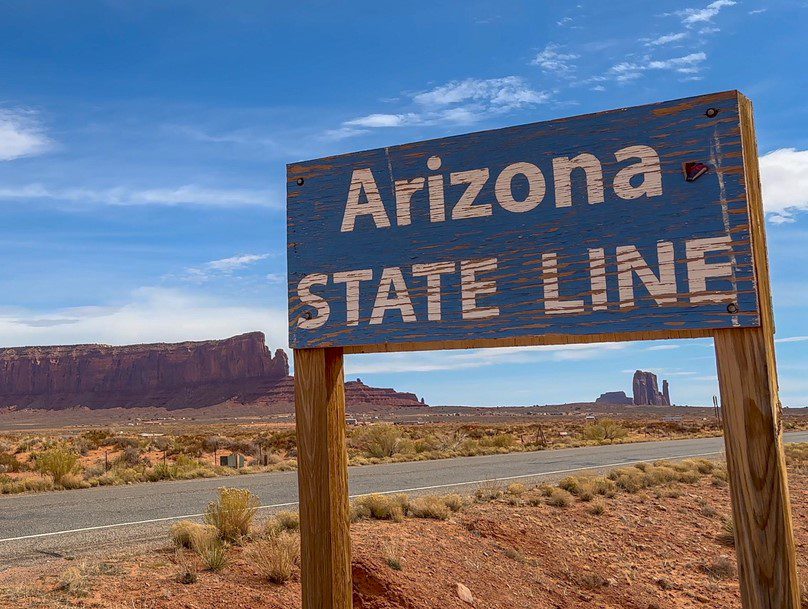Do you know where your auto clients are driving?

It can be hard to price risk for personal auto clients if you don’t ask the right questions.
One place brokers can start is by asking clients for a few more details about where they plan to drive.
“If somebody has told you, ‘I go south for the winter,’ [be sure] to document that conversation [and] what your coverage recommendations were,” says Jesica Ryzynski, a claims specialist with Mitch Insurance.
“I love it when colleagues do that documentation, because then if someone calls me and says, ‘Oh, we’ve had an accident and we’re in [X place],’ I very easily tell the adjuster, ‘They’re there because they’re snowbirds, or because Mom lives in Arizona.’”
Another clue can come during a renewal conversation, when the broker sees a client’s annual kilometres travelled is higher than what was budgeted for in the prior year’s coverage.
Having such information is handy, she notes, because companies will have questions when adjusters report accidents outside the client’s usual territory.
Phone and abroad
Another tell happens when a client calls about a payment issue and says something like, “There’s been a problem at my bank and I’m not [home], I’m in Florida.”
That opens the door to asking the client why they’re in Florida, and Ryzynski tells CU many clients don’t realize they have to be upfront about these kinds of details when talking to insurance brokers.
“I really don’t feel people intentionally avoid telling us these things. I think they just don’t realize why it’s so important that we know,” she says. “Because they wouldn’t necessarily understand those nuances and coverage and why it would be so different in Florida than it would be in Ontario.”
But without those opportunities to ask questions or get clarifications, the client’s risk pricing might not be taking all the relevant factors into account.
Crash contrasts
Some major differences between how insurance works in the U.S. compared with Canada emerge when Canadian clients get into accidents in the U.S.
Take the example of payment systems. In Ontario and some other provinces, insurer payment systems are designed for direct billing. It makes the process seamless for clients who have to go to repair shops, rental agencies and other service providers.
“If you have an accident in the United States, it’s different,” says Ryzynski. “I had one client in Florida and she had full coverage on her Ontario policy. She had coverage for rental, and she carried collision.”
But although the client’s insurance company did cover the rental costs while her vehicle was being fixed, the U.S. rental agency was not able to direct bill the insurer.
“They could not just transfer the money over to the rental agency [so] she had to put those costs, which were substantial, on a credit card and then her insurance company had to reimburse her.”
The client had to go to the adjuster, present the rental agency bill and the credit card receipt to prove she’d paid, and then wait to be reimbursed.
For brokers who know they have snowbirds on their rosters, it’s an opportunity to give clients a heads up that they’d potentially be out of pocket.
“[Someone] might have to charge $1,500 or $2,000 on a credit card, and then wait until they’re reimbursed that money,” Ryzynski tells CU. “And those bills are in U.S. dollars.”
Feature image courtesy of iStock/Madeleine Deaton



